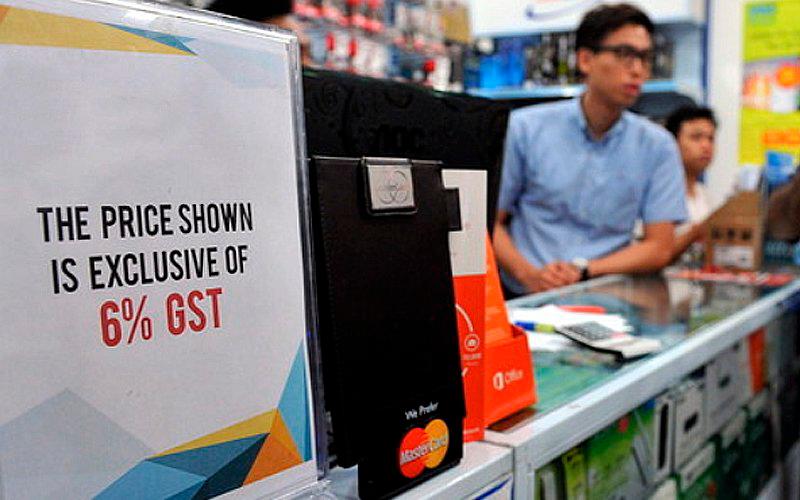PETALING JAYA: The Socio-Economic Research Centre (SERC) has reduced its baseline estimate for Malaysia’s gross domestic product (GDP) growth to 4% for 2021, from an earlier projection of 5% to reflect the reintroduction of the movement control order (MCO 2.0).
Its executive chairman Lee Heng Guie elaborated that the mark-down in the estimate was made for the movement restriction placed until Feb 4, but even with the extension of the order until Feb 18, the research house will not make further cuts to its estimate.
Lee acknowledged that the estimate is the lowest in the market, but will stick by that growth target.
“However, I hope the GDP number for 2021 will not be that low, as it depends on how the vaccination programme is carried out,” he told the media at its Malaysia’s Quarterly Economy Tracker virtual briefing today.
Lee outlined that the actual figure will hinge on the country’s battle against new infections, the effectiveness of the government’s budget and a bigger cushion coming from exports, to help to offset the effect of the first quarter.
“Based on my preliminary estimate, we may have seen negative growth in the first quarter GDP number this year, due to the scarring effects from the fourth quarter last year as well as the Chinese New Year effect (when many businesses shut down for the holidays).”
This year, SERC anticipates exports to recover by 3.3% from an estimated contraction of 1.4% last year, supported by the gathering pace of economic recovery of Malaysia’s major trading partners and higher commodity prices.
Inflation is expected to return to positive territory to a range of 1-1.5% in 2021 from a deflation rate of 1.2% in 2020, on the back of improved economic growth, higher crude oil prices and aided by the low base effect.
In terms of foreign direct investment (FDI), Malaysia has seen its compound annual growth rate (CAGR) decline to -6.7% between 2016-2019, while the most of its Asean peers have reported a steady growth in inflows, particularly Vietnam and Indonesia, which reported a CAGR of 8.1% and 8.9% respectively.
The executive chairman said Malaysia is still ahead of most of its peers, excluding Singapore, in terms of FDI but, based on a longer term view, the rest of the Asean region has shown improvement.
He noted that this means these countries could catch up very fast with Malaysia and thus the country cannot remain complacent and will have to improve even faster.
Against the larger economies in Asean, SERC pointed out that Malaysia’s corporate tax rate of 24% is the second highest, while Singapore has the most favourable tax environment at 17%.
Cambodia, Thailand and Vietnam have a competitive rate of 20% each, while Indonesia has pledged to lower it to the same level in 2022.
Against the backdrop of a rising fiscal burden due to the stimulus measures introduced to mitigate the impact from the pandemic and increasing competition from the region, Lee said Malaysia faces a tough balancing act between managing its fiscal burden and increasing competitiveness through lower taxes.
In this regard, he stated that there has been talk on the government reintroducing the Goods and Services Tax.
The executive chairman opined that Budget 2022 would be a good time to introduce the idea for it to be implemented in 2023.
“In terms of its impact on the government’s overall revenue, we think that a rate of 3-4% is bearable, as it will broaden the government’s tax base.”
He pointed out that the move will also be able to plug leakages in the government’s revenue arising from the shadow economy, which is estimated to be as high as 20% of the country’s GDP.














